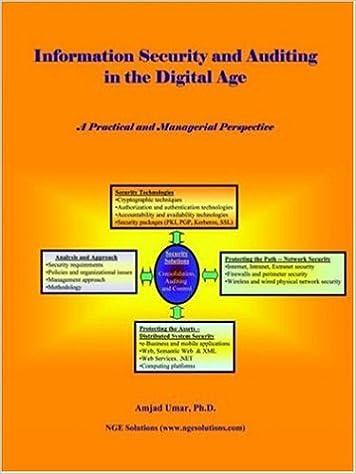Question
1. Why do states and the federal government exercise oversight responsibility over not-for-profit, tax-exempt corporations? 2. A generous benefactor pledges $1 million to The R.
1. Why do states and the federal government exercise oversight responsibility over not-for-profit, tax-exempt corporations?
2. A generous benefactor pledges $1 million to The R. J. Smith Foundation, a not-for-profit entity that promotes the arts. The gift is to be used to provide scholarships for talented musicians at a music camp operated by the Foundation. The gift was given in August 2006 to support the Summer 2007 music program. The Foundation Director argues that the gift is a conditional restricted gift and therefore cannot be recognized as revenue in 2006. The accountant argues that the gift is an unconditional restricted gift and must be recognized in the current year. What is the basis for the Directors argument? What is the basis for the accountants argument? In your answer provide an explanation of the terms conditional, unconditional, restricted and unrestricted.
3. Currently the federal government maintains a dual system of accounts--budgetary and proprietary accounts. What are the two types of accounts? Why does the federal government keep two types?
5. Describe the elements of a finding that is written during an audit performed in accordance with Government Auditing Standards.
Step by Step Solution
There are 3 Steps involved in it
Step: 1

Get Instant Access to Expert-Tailored Solutions
See step-by-step solutions with expert insights and AI powered tools for academic success
Step: 2

Step: 3

Ace Your Homework with AI
Get the answers you need in no time with our AI-driven, step-by-step assistance
Get Started


